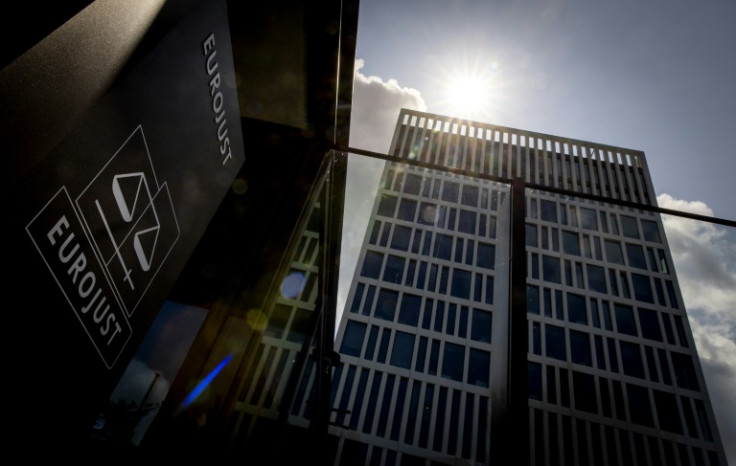'Thousands' Of Pieces Of Evidence Against Russia In Ukraine: Eurojust Boss
An international team of prosecutors seeking to put Russia's top brass on trial over Ukraine has already gathered "thousands" of pieces of evidence, the president of EU judicial agency Eurojust told AFP on Wednesday.

An international team of prosecutors seeking to put Russia's top brass on trial over Ukraine has already gathered "thousands" of pieces of evidence, the president of EU judicial agency Eurojust told AFP on Wednesday.
Prosecutors are sifting through wiretaps, videos, satellite imagery and witness testimony, building a mountain of evidence that could eventually run into the "hundreds of thousands", Ladislav Hamran said in an interview at his office in The Hague.
Eurojust is coordinating an unprecedented team from several European countries, Ukraine, the United States and the International Criminal Court seeking to bring the Kremlin's senior leadership to justice over the Ukraine invasion.
Set up just three months ago, the International Centre for the Prosecution of the Crime of Aggression (ICPA) aims to plug a hole in international law laid bare by Russia's February 2022 invasion.
Sometimes dubbed "Nuremberg 2.0", the ICPA is the first attempt since the Nazi war crimes tribunals to build a case against the top leadership of a country for the crime of aggression.
The International Criminal Court has issued an arrest warrant against Russian President Vladimir Putin for the alleged abduction of children but cannot prosecute Kremlin leaders for the specific crime of aggression, as Moscow is not an ICC member.
"We are speaking about an unprecedented amount of evidence," said Hamran, 50, whose agency stores the evidence in a secure facility and translates it into English and Ukrainian for any future special tribunal.
"We are now speaking about thousands of pieces of evidence. But this is something which is changing on a daily basis," he said.
"More submissions are coming to Eurojust from different countries so I understand that at the end we will be speaking about hundreds of thousands of pieces of evidence."
The ICPA is historic in many ways. It is the first team to be collecting evidence while fighting is still underway, but also the first to deal with such a huge amount of digital evidence from modern warfare.
The bulging case file is an interesting mix of "classic" prosecutors' evidence such as testimony from witnesses and victims, but also high-tech items, Hamran said.
"We are getting wiretappings, we are getting aerial evidence, like satellite images, drone footage. We are collecting videos, photographs, also 3D scans which document to what extent different buildings were damaged... how they were destroyed," he explained.
There is a long road until any Russian leader could face justice, including the thorny issue of how any tribunal should be set up, where it should be based, and what laws it should follow.
Hamran said his agency was not involved in these discussions and his priority was to ensure there was a watertight file available in English and Ukrainian for any future tribunal.
"We don't want to waste time and we are also preparing for different scenarios which may arise," he said.
Could the ICPA eventually lead to the world seeing Putin in the dock?
International law clearly defines the crime of aggression as being committed by someone in a position to "exercise control over" or "direct the political or military action of a state" that invades another.
This could be interpreted as meaning just Putin, an inner "troika" of a handful of advisers, or a broader circle of ministers and military leaders.
Hamran confirmed the evidence collected so far was aimed at the "political and military leadership of the country", as defined in international law, but noted that different countries involved in the ICPA, including Ukraine, have broader definitions.
"In the case of some countries, the definition of the crime of aggression is much broader. And this is so far the case also of Ukraine, in which the investigation is looking at a much broader scale of people."

© Copyright AFP 2025. All rights reserved.





















